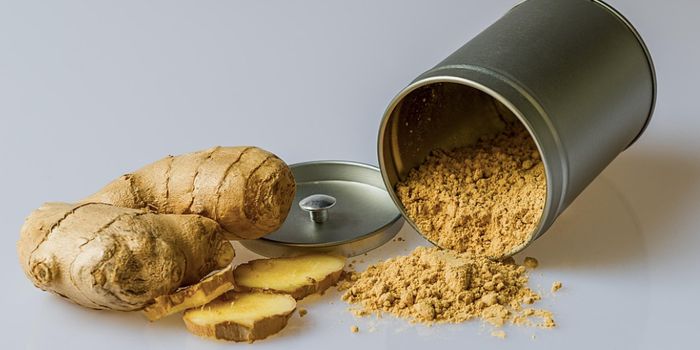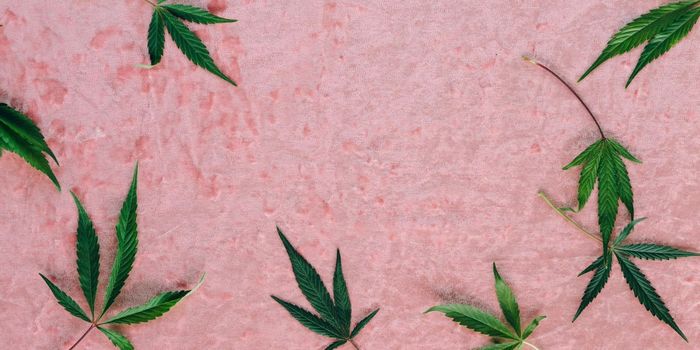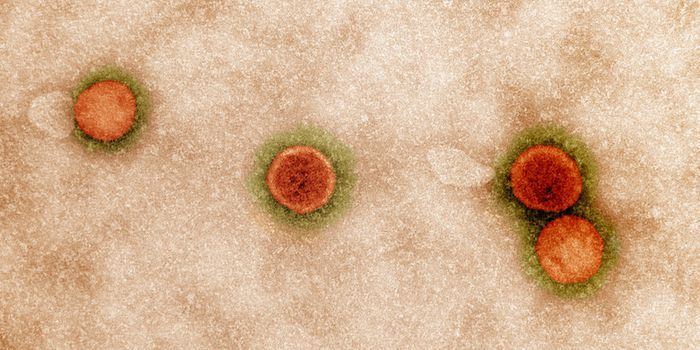Throughout the world, beer is a welcome refreshment. In order to satisfy an increasingly discriminating customer brewers are very specific about which grains to use, how much fermentation it undergoes and what other ingredients are added. Storage conditions, temperatures, transportation and even how retailers should serve it are all factors that brewers take into consideration. Much like vintners, who agonize over crops, storage and aging to produce wine, brewers also labor over a consistently arduous process to produce a superior beer.

The quality of any beer depends on monitoring the production process very carefully. A large part of a brewer's job is to ensure that the product is free from harmful microorganisms. This is because pathogens that enter into the beer during the brewing process can spoil the drink by affecting the taste and smell of the finished product so ongoing testing for these pathogens is key.
However, conventional microbiological methods require five to seven days to detect beverage-spoiling organisms, such as bacteria and yeasts. It is often too late at that point to take corrective action. With a new polymer powder, this monitoring could be faster and simpler in the future. Manufacturers can also test drinks such as milk, juice, cola and red wine with the quick check.
In collaboration with the company GEN-IAL from Troisdorf, researchers at the Fraunhofer Institute for Applied Polymer Research IAP in Potsdam have developed a polymer powder that significantly simplifies these tests and shortens the time that they require. The company supplies breweries with analysis tools for quality control.
Until recently, beer has been filtered through special equipment where samples are taken randomly. In this process, the bacteria remain on membranes and are then elaborately removed from these filters and cultivated in a special culture medium for up to five days before they can be examined microscopically. The new polymer powder from the IAP replaces this process: The powder is added to a liquid sample that is drawn off during the brewing process. The powder's functionalized surface binds to the bacteria efficiently. The pathogens adhere to the 100 to 200 micron powder particles that can then be easily removed along with the microbes in a specially developed system and analyzed directly using various microbiological methods. In this process, using the polymer powder eliminates the need for the time consuming process of enrichment in a nutrient medium. The polymer powder yields reliable results in two to three day from when the sample is drawn.
While the process was developed for beer, other food experts can use this same powder to check beverages that are not compatible with the membrane method.
"Membrane filtration is not suitable for the quality control of beverages such as fruit juices, milk, cola and red wine. They contain so much solid or suspended matter that the filter clogs quickly," explains Dr. Andreas Holländer, scientist at the IAP. Breweries have also only been able to examine small sample volumes of up to one liter via membrane filtration. With the polymer powder, tests with 30 liters or more are possible.
The launch of the equipment used to functionalize the polymer powder is planned for 2015, and interested users will be able to buy the powder in the spring of this year.









